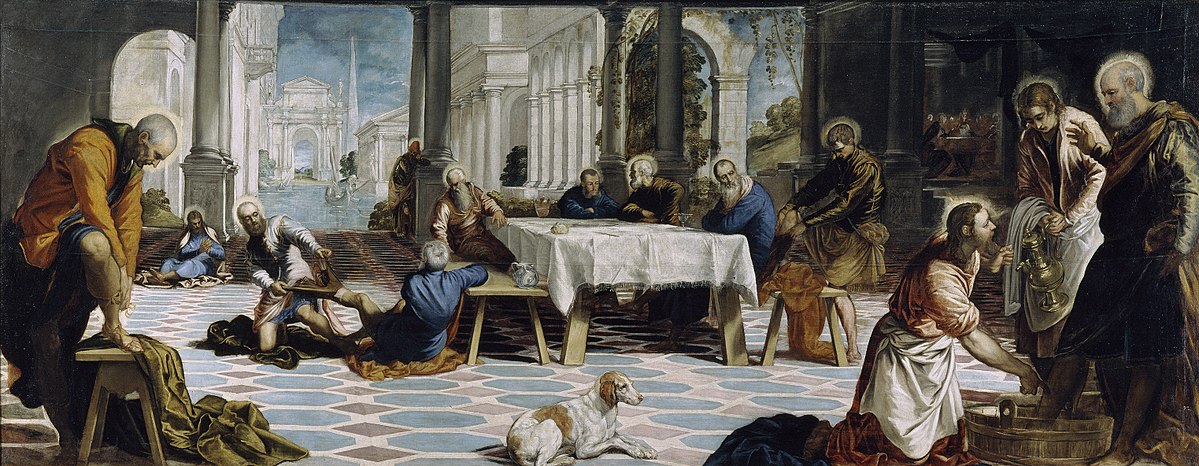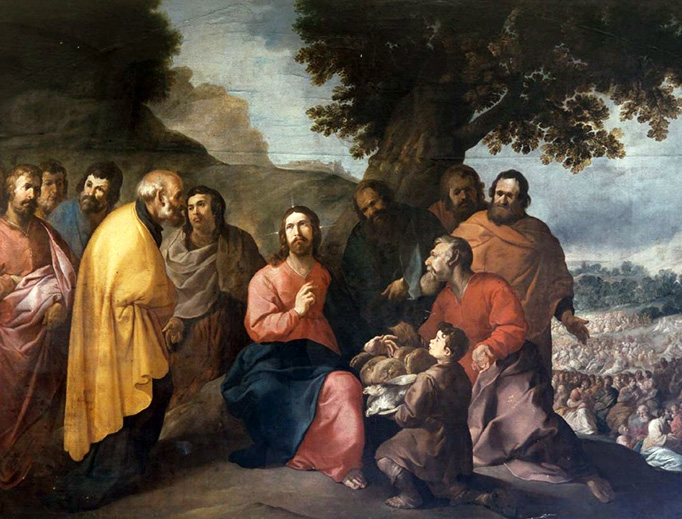2 Sunday Lent, year C
Life isn’t just mountaintop moments—it’s also the valleys, and Jesus shows us that both are part of the journey. The Transfiguration reminds us that while we glimpse God’s glory at times, much of life is about walking faithfully through challenges, knowing Christ walks with us. By following St. Ignatius’ ERGO—Encourage, Regularize, be Generous, and stay Open—we can navigate the ups and downs with trust, resilience, and hope.

Listen to homily:
Faith for the Climb: Living Between the Mountain and the Valley
We live in a world filled with advertising and marketing, where every product is presented in the best possible light. If a company is selling food, they emphasize how delicious it is—without mentioning if it’s unhealthy. If I were promoting our church, I’d highlight that St. Peter’s is just a short walk from Columbia SkyTrain Station, but I might not mention that the walk is a steep uphill climb.
That’s why the Transfiguration can seem puzzling. In this moment, Jesus reveals His divine glory to His disciples. They see Him as He truly is—radiant, standing alongside Moses and Elijah, the fulfillment of the Law and the Prophets. It’s a powerful moment of revelation. But then, Jesus descends from the mountain and returns to His humble, ordinary appearance. He chooses not to display His divinity in an awe-inspiring way all the time. From a marketing standpoint, this might seem like a bad strategy. Why not always appear as He did on the mountain? Why not make it undeniably clear that He is the Son of God?
The answer is love. Jesus chose to be with us in the valley. He chose to experience suffering, rejection, and hardship. His life was not lived on the mountaintop but in the everyday struggles of ordinary people. As He begins His long journey toward Jerusalem—what Luke calls His "exodus"—Jesus walks the path of suffering that leads to salvation.
If we’re honest, our lives are more often lived in the valley than on the mountaintop. Yes, we have moments of great joy, peace, and clarity—times when prayer feels easy, when God feels close, when life seems to make sense. These are moments of consolation, as St. Ignatius of Loyola describes them. They are times of strength, like being on the mountaintop with Christ.
But more often, we find ourselves in desolation—times when prayer is difficult, when forgiveness feels impossible, when life is full of uncertainty. St. Ignatius explains that consolation and desolation are natural parts of the spiritual life, and neither is a sign of our worthiness or closeness to God. They are simply experiences we go through on the journey. The key is to learn how to navigate both well.
Ignatius describes times of consolation as rest stops on our journey—moments when God refreshes and strengthens us for what lies ahead. Think of a long bus ride with necessary stops to stretch your legs and refuel. Consolation is like that: a gift that prepares us for the road ahead.
But desolation is where we grow. We cannot stay at the rest stop forever. The journey must continue, even when it’s hard. Ignatius offers practical advice for navigating desolation, which can be summed up in the acronym ERGO (which means "therefore" in Latin and "I work" in Greek—a fitting reminder that perseverance requires effort):
- Encourage yourself: Remind yourself that this difficult time will pass. Just as the sun is always there, even when hidden by clouds, God's presence remains even in desolation.
- Regularize: Stick to the commitments you made in times of consolation. Don’t abandon prayer, good works, or important decisions just because things feel hard.
- Generosity: Go against your resistance. If you don’t feel like praying, pray a little longer. If you feel reluctant to be kind, go out of your way to show kindness.
- Openness: Share your struggles with someone you trust. Keeping difficulties bottled up can make them seem worse than they are. A friend’s encouragement can make all the difference.
Recognizing these cycles of consolation and desolation helped me understand that spiritual dryness is not a failure but a normal part of the journey. The Transfiguration reminds us that while we will experience moments of clarity and strength, much of our faith is lived in the valley. Yet whether we are on the mountaintop or in the valley, Christ is always with us. If we commit to living well in every season, we will continue to grow in faith, strengthened by the knowledge that our final destination is the glory of God.





























